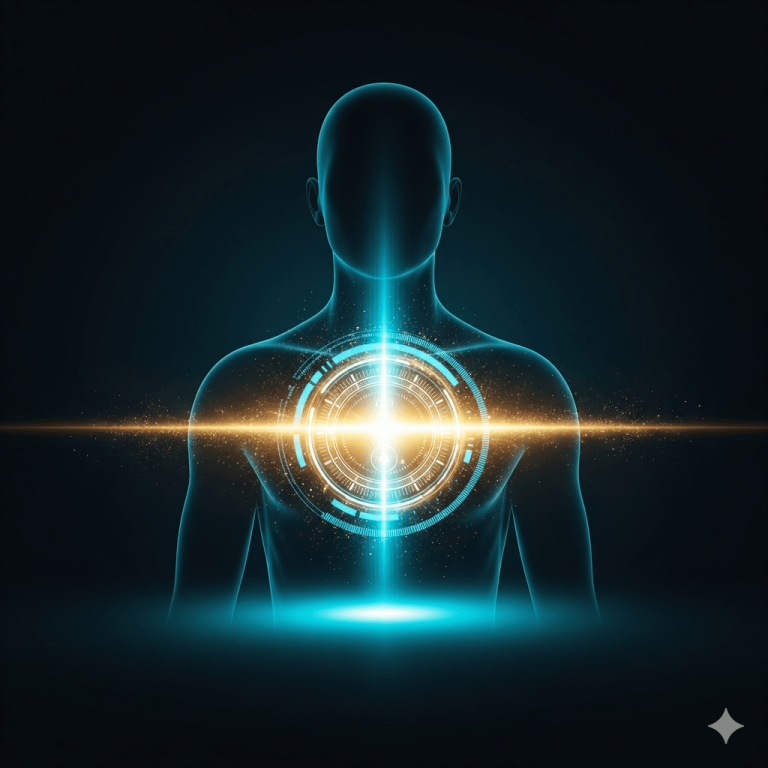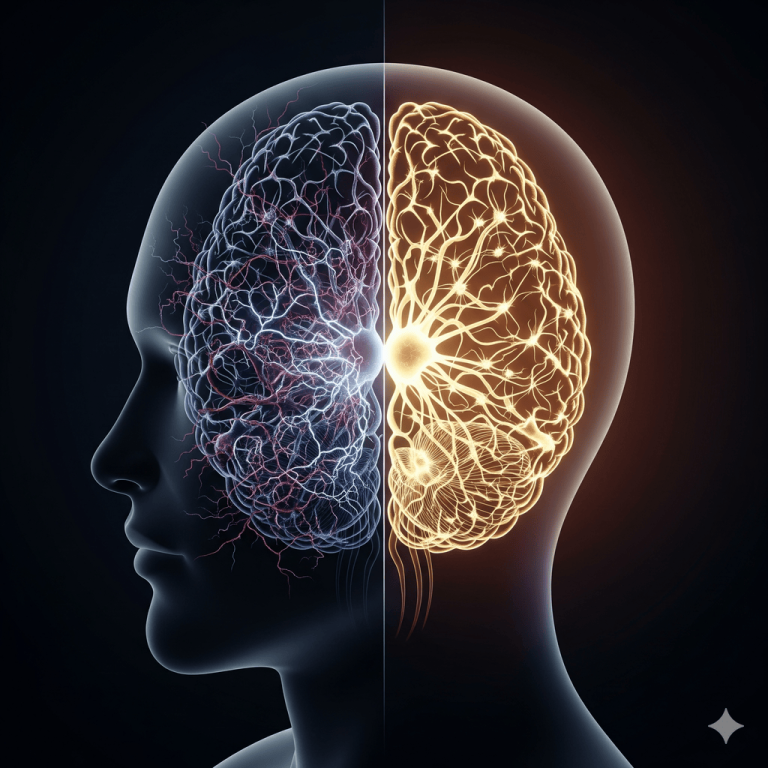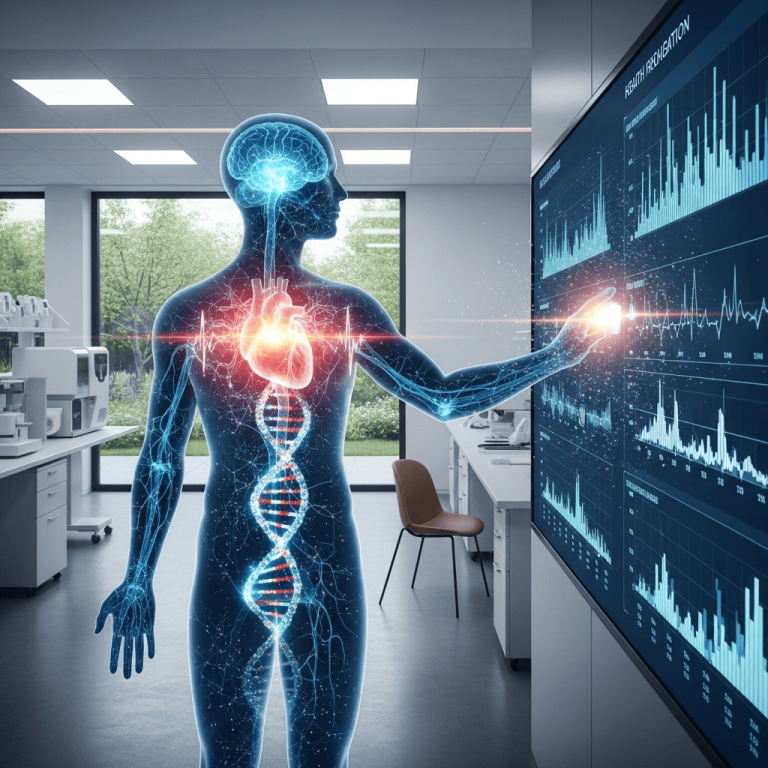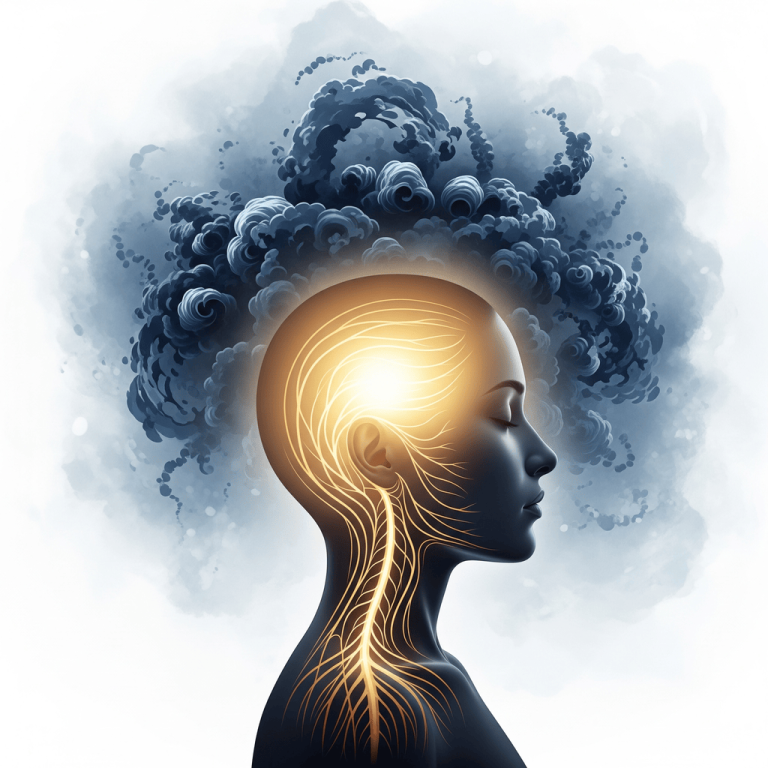We’ve Cracked the Centenarian Code. 7 Science-Backed Rules to Add Decades to Your Life.
Did you know that the first person who will live to be 150 has likely already been born? This isn’t science fiction. It’s the scientific reality unfolding before our eyes. For centuries, we dreamed of a fountain of youth, while the key to radically extending life was hidden in our daily habits. Today, by combining the wisdom of centenarians with the latest discoveries in epigenetics and molecular biology, we know this code. And you’re about to learn it.
Forget complicated and expensive therapies. The real longevity revolution begins on your plate, in your running shoes, and in your bedroom. Here are the 7 pillars upon which you will build a life that extends beyond the 100-year mark.
1. Eat to Program Your Genes, Not Just Fill Your Stomach
Your food is information. Every bite sends a signal to your DNA, activating either longevity genes or those responsible for disease. Centenarians from the “Blue Zones” knew this instinctively. Their diets are 95% plant-based.
- The Science: Diets rich in polyphenols (found in berries, nuts, dark chocolate) activate sirtuins—proteins known as “longevity genes.” Dr. David Sinclair of Harvard Medical School calls them “the guardians of our genome.” Limiting meat consumption, especially red and processed meats, reduces levels of IGF-1, a hormone strongly linked to aging and cancer.
2. Movement: Activate Your Internal Pharmacy
A sedentary lifestyle is to your cells what rust is to metal. Regular movement is the most powerful medicine you can administer to yourself. You don’t have to run marathons. Just 30 minutes of daily activity that slightly raises your heart rate is enough.
- The Science: Physical exercise stimulates autophagy—a process where cells “eat” their damaged parts, making way for new, healthy structures. It’s literally cellular recycling that turns back your biological clock. Furthermore, movement increases the production of BDNF (Brain-Derived Neurotrophic Factor), which acts like fertilizer for your brain, protecting it from dementia.
3. Water: The Elixir of Life in Its Purest Form
Every one of the 37 trillion cells in your body needs water to function. Dehydration, even slight, slows down your metabolism, impairs brain function, and accelerates skin aging.
- The Science: “All processes in our body depend on water. It’s the most underestimated yet crucial component of health,” emphasizes Dr. Howard Murad, a dermatologist and researcher. Proper hydration is key for transporting nutrients and removing toxins, which relieves the burden on your kidneys and liver.
4. Sunshine: The Life Hormone Factory
Our civilization has confined us indoors, cutting us off from the most powerful source of energy. Moderate, safe sun exposure is more than just a nice tan.
- The Science: UVB rays stimulate the production of vitamin D, which is actually a prohormone that regulates over 2,000 genes. It’s responsible for bone health and immunity, and its low levels are strongly correlated with a higher risk of autoimmune diseases and cancer.
5. Temperance: Less is More
The culture of excess promotes the idea that “more” is always “better.” Biology has a different opinion. Limiting what is harmful is just as important as supplying what is good.
- The Science: Alcohol, even in small doses, is a toxin to liver and brain cells. Tobacco is a cocktail of thousands of carcinogenic substances. Excess sugar leads to glycation—the “caramelization” of proteins in the body, which destroys collagen and accelerates aging. Practicing “hormesis”—subjecting the body to mild, controlled stressors like intermittent fasting or cold showers—activates defense and repair mechanisms, which has a powerful pro-longevity effect.
6. Air: The Breath That Rejuvenates
Breathing is such an automatic process that we don’t think about it. And that’s a mistake. The quality of the air and the way we breathe have a direct impact on stress levels, energy, and cellular health.
- The Science: Deep, diaphragmatic breathing activates the vagus nerve, switching the body from “fight or flight” mode (sympathetic nervous system) to “rest and digest” mode (parasympathetic nervous system). This lowers cortisol, the stress hormone that is one of the main drivers of the aging process.
7. Sleep: Nightly Regeneration at the DNA Level
Sleep is not a waste of time. It’s a critical period when your body undergoes a major overhaul. The brain cleanses itself of toxins, and cells repair DNA damage that occurred during the day.
- The Science: During deep sleep, the glymphatic system activates, washing out beta-amyloid from the brain—a protein whose deposits lead to Alzheimer’s disease. Dr. Matthew Walker, author of “Why We Sleep,” states: “Sleep is the single most effective thing we can do to reset our brain and body health each day.”
Want to discover your personal longevity potential?
These 7 principles are a universal roadmap. But each of us has a unique genetic code and lifestyle. Our advanced AI algorithm analyzes your habits, health history, and environmental factors to create a personalized longevity report. Discover how long you can live and what exactly you can do to make every minute full of health and energy.
➡️ Start the survey and discover your future at LiveLongerNow.org
Interesting Scientific Publications:







